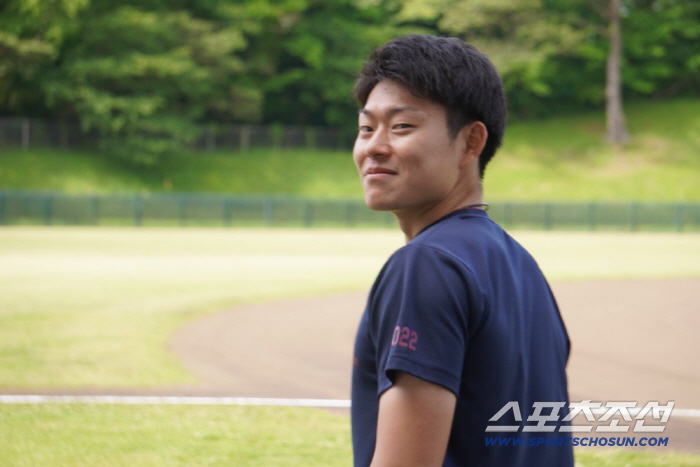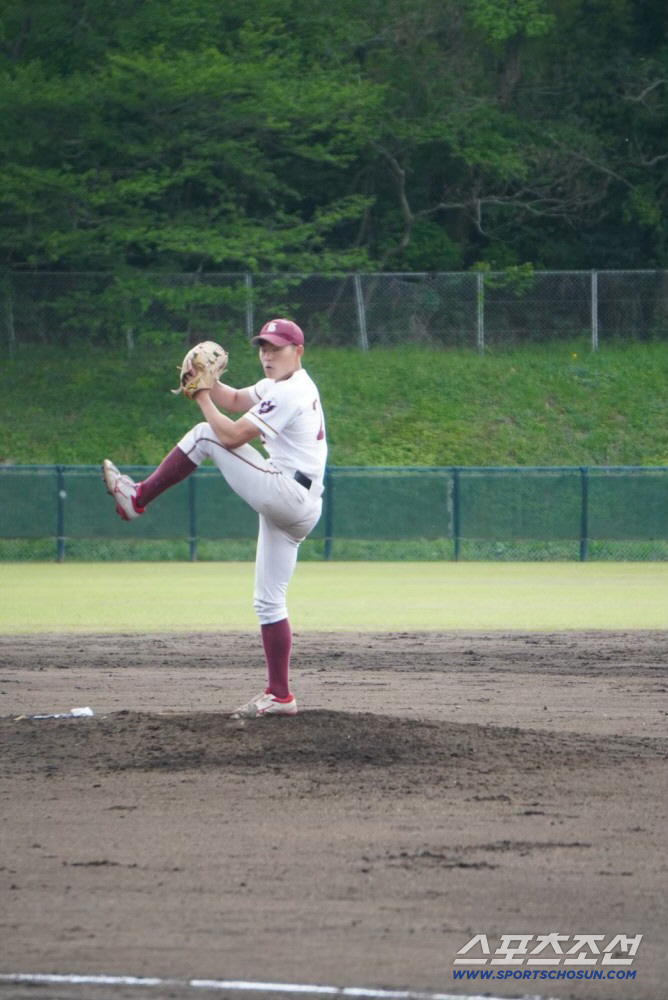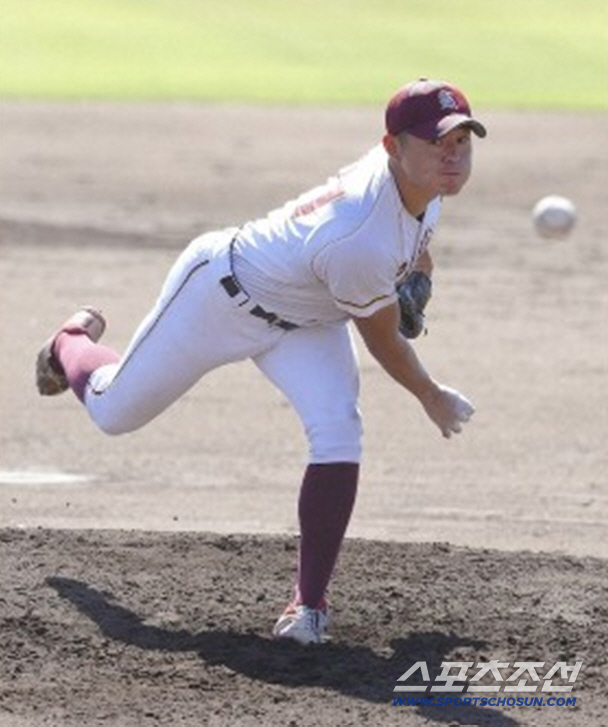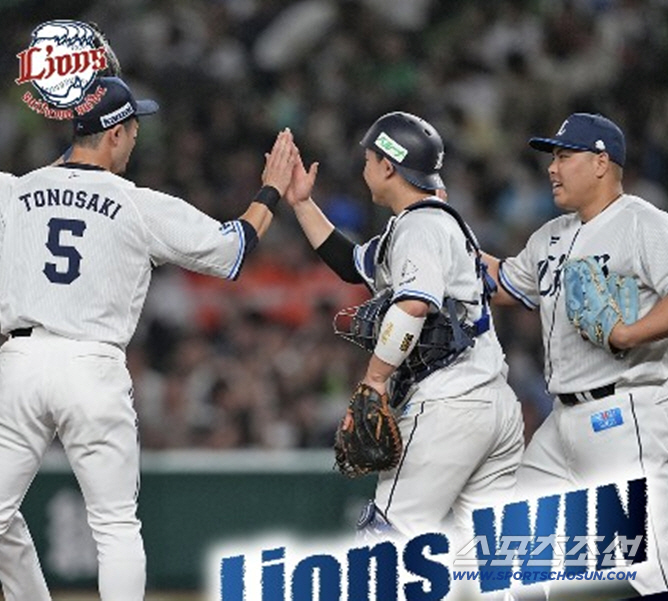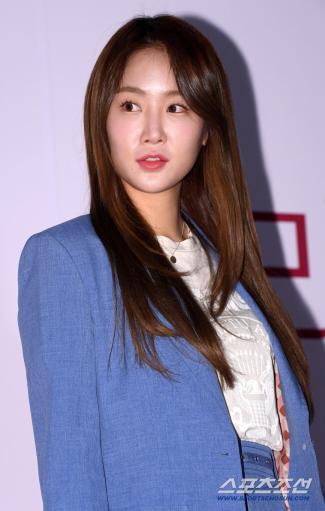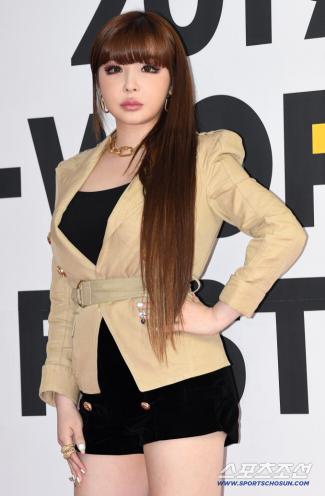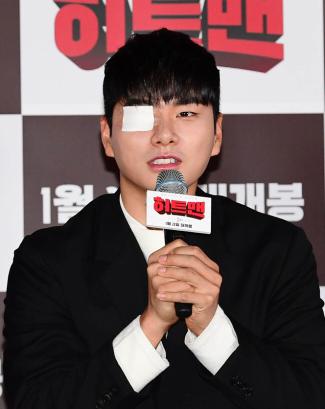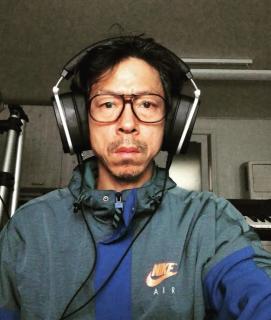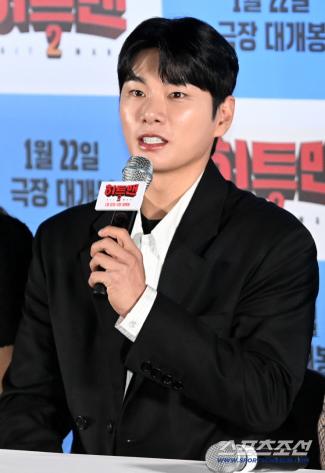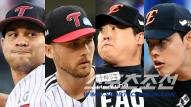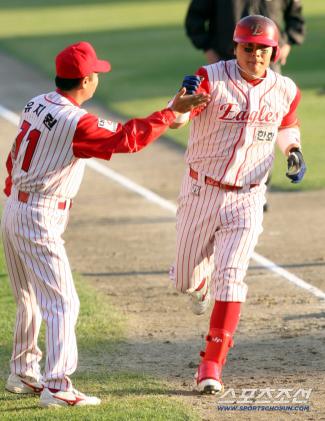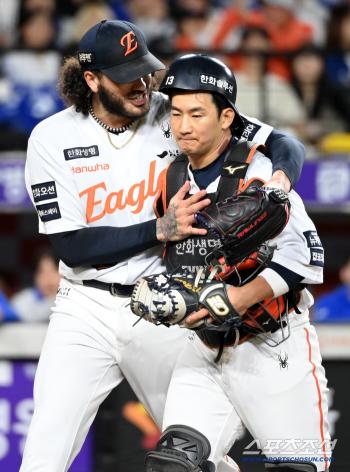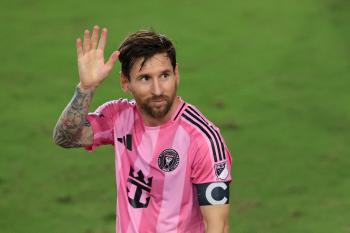If you keep working hard, someone will let you go. Without a pitching coach, he was arrested 140km → 153km by self-study on the Internet, and Chochi University was nominated as a professional for the first time in 110 years (Min Chang-ki's Japanese baseball)
Oct 24, 2025
|
|
When Masaki Yuma (23), who finished high school in the U.S., entered the Department of Business Administration at 智 University in 2022, no one thought he would join the professional team as a pitcher four years later. It's understandable. Since the founding of George University's baseball team in 1916, no player has been called in the professional baseball rookie draft for more than 100 years.
His fastball speed was also normal. At the time of admission, the maximum speed was only 140 kilometers. It is an era in which the majority of pitchers who receive the top pick in the KBO League's rookie draft ahead of high school graduation throw at 150 kilometers per hour. Masaki mostly played shortstop and second baseman in high school, but he pitched in earnest in college. As a pitcher, I had no choice but to lack the basics.
Since it was not a prestigious baseball title, the support and environment were poor. Since there was no pitching coach, I taught myself while looking at the Internet about baseball in general, including the training required for pitchers. Thanks to his hard work, his fastball speed went up. He shot 145 kilometers in his second year, threw 148 kilometers in his third year, and 153 kilometers this year. Various breaking balls such as knuckle balls are good. With the increased restraint, professional team scouts began to take notice of him.
Masaki has taken a different path from other players. He was born in Kanagawa Prefecture near Tokyo and grew up in Alaska, the United States, until the age of seven. It is said that he lived on a small island on the Aleutian Islands near the Bering Sea, not in a major Alaska city such as Anchorage. The whole family stayed with their father, who worked in fisheries. Since it is a small island, there were about 20 students. It was not an environment where baseball could be played.
He returned to Japan in the first grade of elementary school and then moved back to the U.S. at the age of 14. I went to high school in Washington state.
|
A press conference held at the Tokyo Campus of Jochi University on the 24th. Masaki said he entered the school without deciding whether to join the baseball team. I vaguely thought that I would graduate from school, get a job, and go on an ordinary path to become a member of society.
Masaki "I didn't think it would be like this. If I keep working hard, I think someone is watching me. My parents were also happy crying." Also "Honestly, I'm happy. It's unprecedented, so it's important that I do well. I have no choice but to work hard because I lack a lot of skills. I want to be a pitcher who needs to win the team at any time."
He taught himself through Internet videos and even received a professional nomination. He said there was a limit to learning by video. As a professional player, you can focus on baseball while receiving better support in a better environment. However, the professional nomination is just the beginning.
The 12 Japanese professional baseball teams selected 73 players and 43 players as nurturing players in the rookie draft on the 23rd. Softbank Hawks and Yokohama Baystars named Rintaro Sasaki, 20, a college student at Stanford University, as the top pick. Softbank won the nomination rights through a lottery.
Sasaki, who made a name for himself as a home run hitter in high school, moved to the U.S. after graduation and is preparing to advance to the Major League. SoftBank says Sasaki will be the next year's major
|
This article was translated by Naver AI translator.
